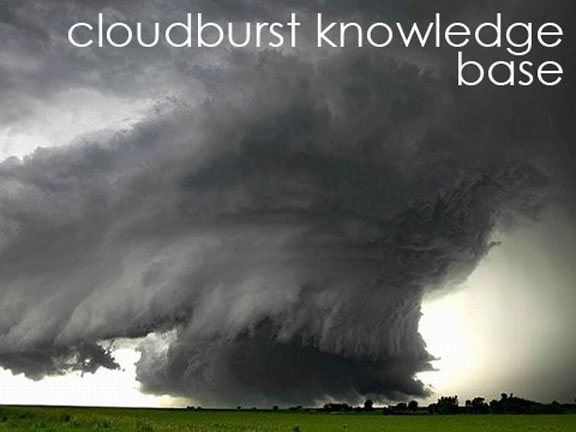with trees and rock now synchrony i sing
i spent three days this week at High Trails, an outdoor experiential learning program for sixth grade students, located at the Colorado Outdoor Education Center near Florissant, Colorado. i and nine other pre-service teachers from Colorado State University took the opportunity to head into the high country and help teach these energetic kids about the world around them. the overarching curricular approach is to show kids the interconnectedness of all things. this is not done with any heavy religious, philosophical or spiritual bent, though components of all three find their way into each student's personal experience. kids learn about history, geology, geography, ecology, conservation, food chain and what knowledge of these have meant in daily life to thousands of years of inhabitants. they do this through direct experience, that involves tangible places like an original homestead, a working ranch established in the 1850s, fossil beds and thousands of acres of varying ecosystems. by the end of their four days, sixth-graders start making statements on their own, often to their friends that let me know they were putting it together. a couple hours after sundown, one ordinarily quiet boy said to me after finishing his campfire burger and looking toward the sky, "that's probably the most beautiful thing i have ever seen. can you imagine what other lifeforms there are out there?"
i couldn't even answer him.
while these kids were making huge connections in their understanding of the world around them, i made a few of my own. having spent countless hours exploring the outdoors alone, i have come to feel much more at home in the woods and mountains and rivers than in my home town. living in fort collins, CO has afforded me the opportunity to escape into these places occasionally, but working two jobs, going to grad school full-time and coaching high school soccer part time keeps me from spending as much time "at home" in the hills as i would like. it has seemed for a while that teaching high school english may not be compatible with the kind of living that fits me best. while this thought has bothered me for nearly two years, i have tried to create a more consolidated life, where my professional and personal lives coexist and compliment one another. for the most part, they have been separate and at odds with one another, which has raised serious concerns for me about the professional path i have chosen.
this week, however, placed the two in perfect synchrony. there are differences between this type of teaching and the type that i have been preparing for that i always knew existed, but could never use as a point of parallel comparison, because the experiences were too far removed from one another. i have seen how my kind of living, and my "home" can be combined with top-notch educational practice, and it is not as i previously thought.
i realize this post is vaporous at best and only drives past its topics at high speed, but the experience i had this week was just that: experience. and there is no substitute for experience.
i think perhaps one of the major ingredients missing from my teaching preparation and my life recently has been trust. i have been unable to trust much of what i am being taught. i have been unable to trust what experts say is important. i have been unable to trust my teaching abilities. i have been unable to trust that i am understanding myself. all this has added up to an inability to trust in the future.
i have regained some trust, both in myself and in the future, and i realize for now that is all i need.


